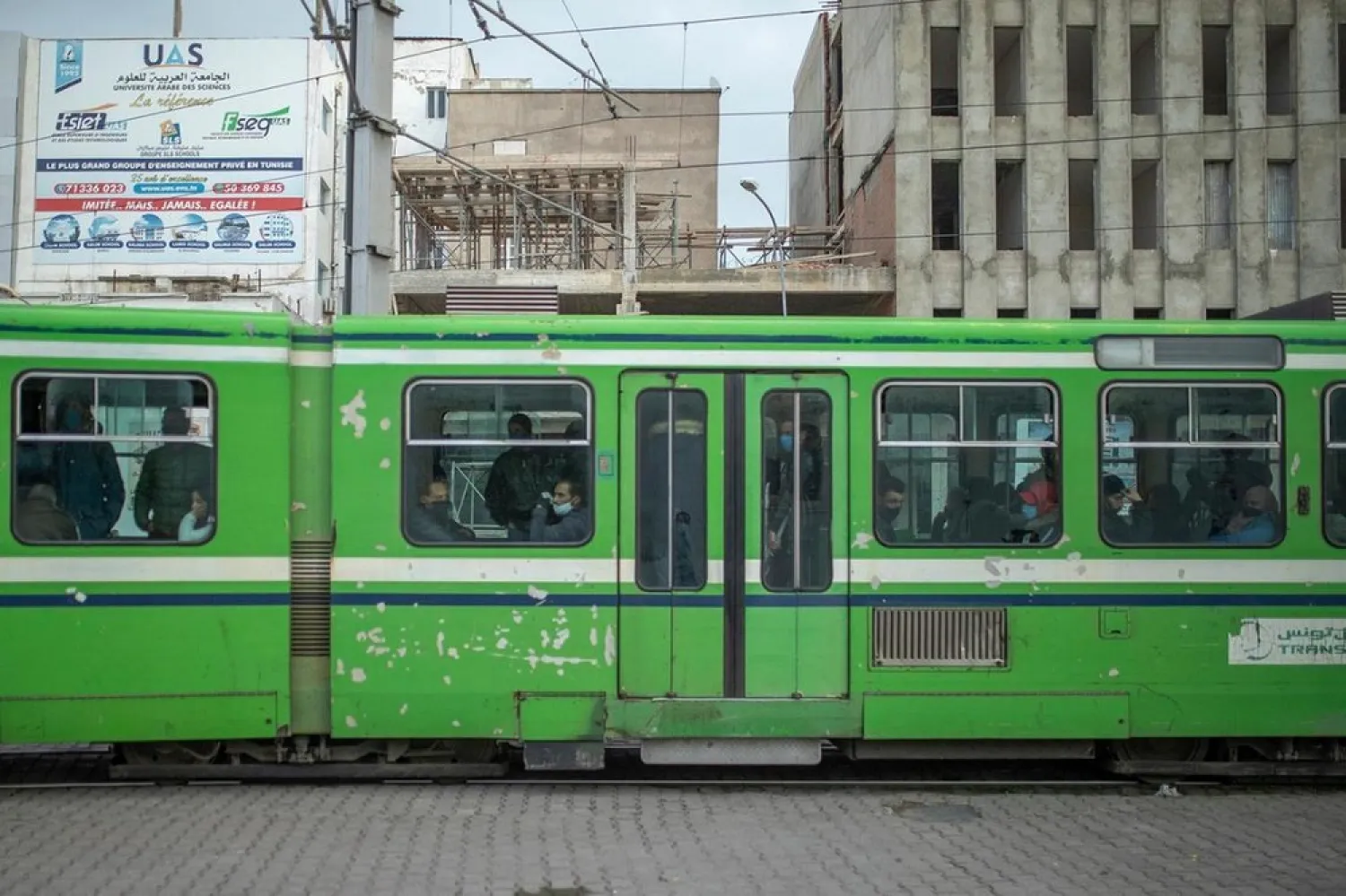Tunisian authorities have given emergency authorization to use Russia’s Sputnik-V coronavirus vaccine, but haven’t yet ordered any doses, a health official said Friday.
While neighboring Morocco and Algeria have already started vaccinating, Tunisia has yet to receive any vaccines.
It’s expected to get its first deliveries — 93,000 initial doses from Pfizer-BioNTech — in mid-February, followed by about 600,000 doses of the AstraZeneca-Oxford vaccine, according to the director of the Pasteur Institute in Tunis, Dr. Hachemi Louzir, who is overseeing Tunisia’s vaccination program.
Those are part of a broader arrangement with the COVAX global vaccine program for developing countries and the African CDC that Tunisia hopes will bring in as many as 7 million vaccine doses in the coming months, Louzir said.
In addition, Tunisia struck a bilateral deal this week with Pfizer-BioNTech for 2 million doses, according to Louzir, who is overseeing Tunisia’s vaccination program.
After Algeria struck a deal last year for the Sputnik vaccine and Morocco made an early agreement with China’s Sinopharm, Tunisia is now in negotiations to acquire the Russian vaccine, Louzir said.
Tunisia hopes to vaccinate 50% of its population of some 11 million people by next summer. Louzir estimated the overall cost of Tunisia’s vaccination program at $100 million.
The Tunisian health minister met with the British ambassador to discuss possible vaccine production in Tunisia but no agreements have been reached, Louzir said.
Tunisia has reported more than 7,000 virus-related deaths and more than 213,000 infections, according to a tally by Johns Hopkins University.









